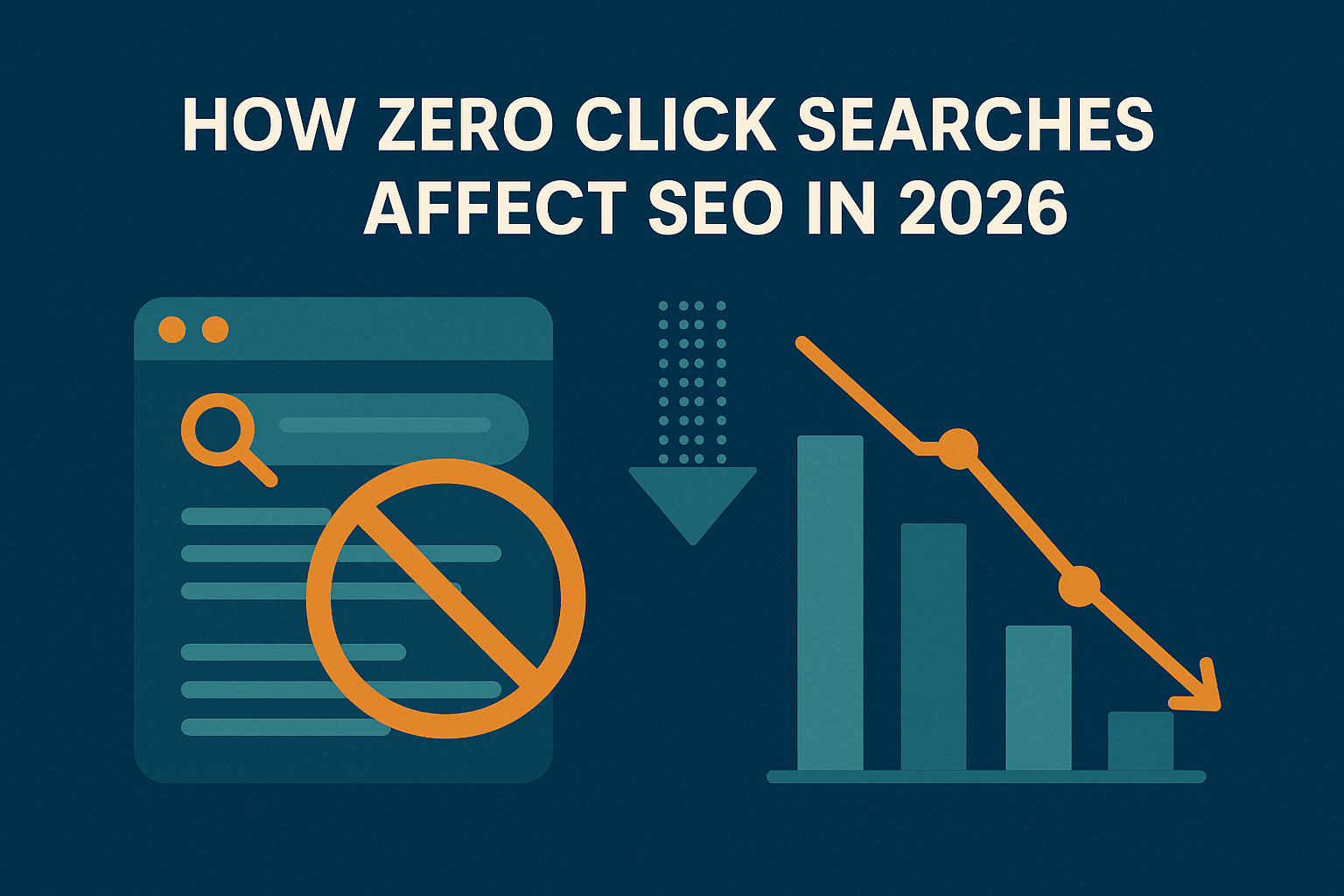How to Set Clear Goals with Your Virtual SEO Assistant
A Virtual SEO Assistant can be a game-changer for your business, helping you improve your website’s visibility, boost traffic, and achieve better search engine rankings. However, to make the most of this collaboration, it's essential to set clear and actionable goals. This article outlines how to establish goals effectively with your virtual SEO assistant for maximum results.
1. Understand Your Business Objectives
Before diving into SEO goals, ensure you have a clear understanding of your overarching business objectives. Ask yourself:
- Are you aiming to increase sales?
- Do you want to boost brand awareness?
- Are you focused on generating leads or improving customer engagement?
Defining your business objectives provides a foundation for setting SEO goals that align with your overall strategy.
2. Identify Key Metrics
To track progress effectively, decide which metrics are most relevant to your goals. Common SEO metrics include:
- Organic Traffic: The number of visitors coming to your site through search engines.
- Keyword Rankings: Positions of your target keywords in search engine results.
- Click-Through Rate (CTR): The percentage of users who click your site link in search results.
- Bounce Rate: The percentage of visitors who leave your site after viewing only one page.
- Conversion Rate: The percentage of visitors completing desired actions, such as making a purchase or signing up for a newsletter.
Share these metrics with your virtual SEO assistant so they can focus on what matters most to your business.
3. Be Specific and Realistic
Set specific, measurable, achievable, relevant, and time-bound (SMART) goals. Avoid vague objectives like “improve SEO” and instead opt for precise targets, such as:
- Increase organic traffic by 20% in six months.
- Achieve top 5 rankings for 10 targeted keywords within three months.
- Reduce bounce rate by 15% over the next quarter.
SMART goals provide clarity and set clear expectations for your virtual SEO assistant.
4. Prioritize Tasks
SEO involves a variety of tasks, from on-page optimization and link building to content creation and technical audits. Work with your virtual assistant to prioritize these activities based on your goals. For example:
- If your goal is to improve rankings, focus on keyword research and on-page optimization.
- For boosting traffic, prioritize creating high-quality content and building backlinks.
- If conversions are a priority, emphasize user experience improvements and call-to-action optimizations.
A prioritized roadmap ensures your SEO efforts are both focused and efficient.
5. Set Milestones
Breaking down your goals into smaller milestones helps track progress and maintain motivation. For instance:
- Month 1: Conduct a full SEO audit and keyword research.
- Month 2: Optimize existing content and fix technical issues.
- Month 3: Start a link-building campaign and create new blog posts.
Discuss these milestones with your virtual SEO assistant and review them periodically to ensure you're on track.
6. Communicate Clearly
Effective communication is the cornerstone of any successful collaboration. When working with your virtual SEO assistant:
- Clearly explain your goals and expectations.
- Provide detailed information about your target audience, competitors, and industry.
- Share access to necessary tools and platforms, such as Google Analytics, Google Search Console, or SEO software.
Regular check-ins and updates foster alignment and allow for course corrections when needed.
7. Leverage Reporting Tools
Use reporting tools to track progress and evaluate performance. Many SEO platforms, such as SEMrush, Ahrefs, or Moz, provide detailed insights that your virtual assistant can use to create regular reports. These reports should include:
- Progress toward key metrics.
- Insights on successful strategies.
- Recommendations for improvement.
Frequent reporting ensures transparency and helps you adjust your goals as needed.
8. Be Flexible
SEO is an evolving field, and search engine algorithms change frequently. Your virtual SEO assistant may need to adapt strategies to stay ahead of these changes. Be open to revisiting and adjusting your goals based on new insights, challenges, or opportunities.
For instance, if a new keyword trend emerges or a competitor ramps up their efforts, you might shift your focus to stay competitive.
9. Celebrate Achievements
Recognizing milestones and celebrating achievements boosts morale and motivates both you and your virtual assistant. Whether it’s reaching a traffic milestone or achieving a top-ranking keyword, acknowledge the hard work that went into these successes.
10. Evaluate and Iterate
Finally, take time to evaluate the outcomes of your SEO efforts regularly. Assess whether your goals were met and analyze what worked well and what didn’t. Use these insights to refine your future strategies and set new goals with your virtual assistant.
By setting clear, well-defined goals and maintaining open communication, you can build a productive partnership with your virtual SEO assistant. This approach not only ensures alignment with your business objectives but also maximizes the return on your SEO investment.










